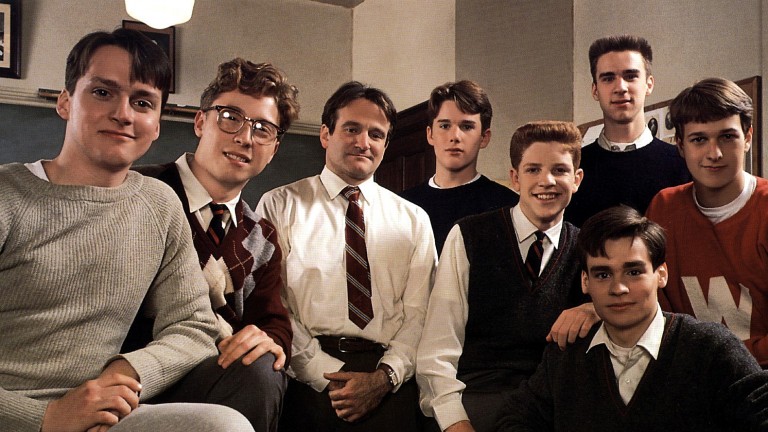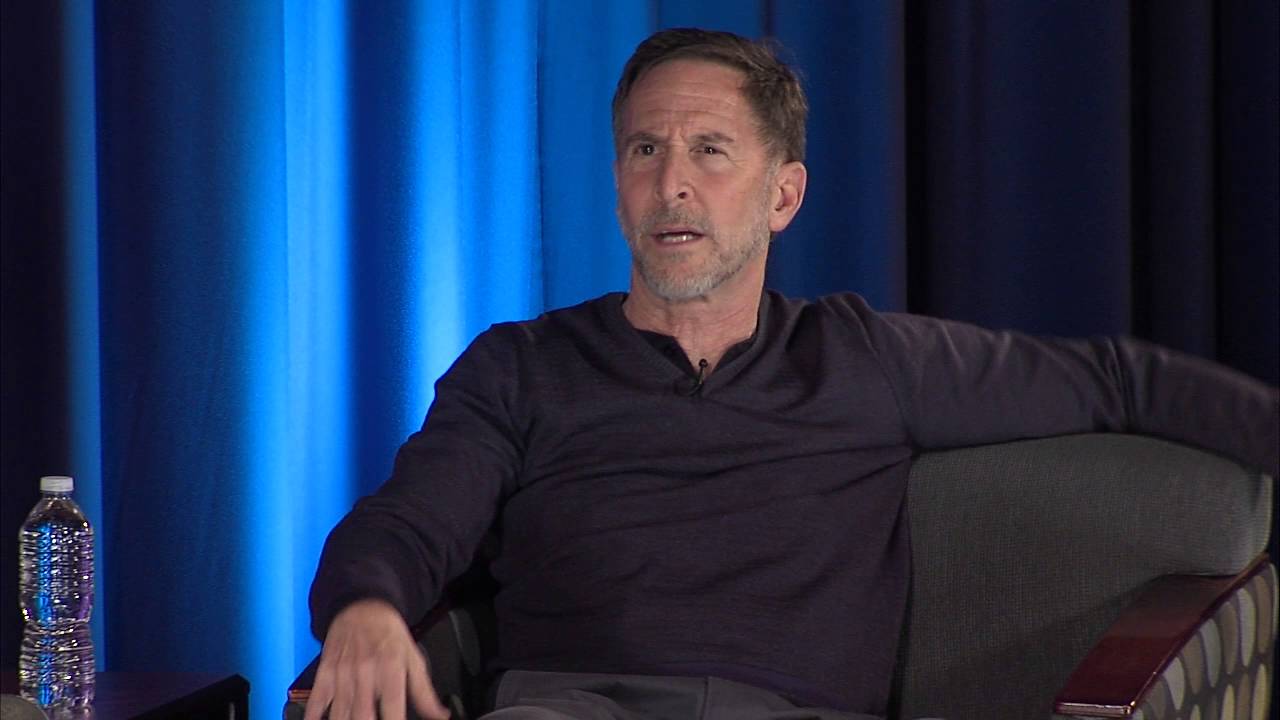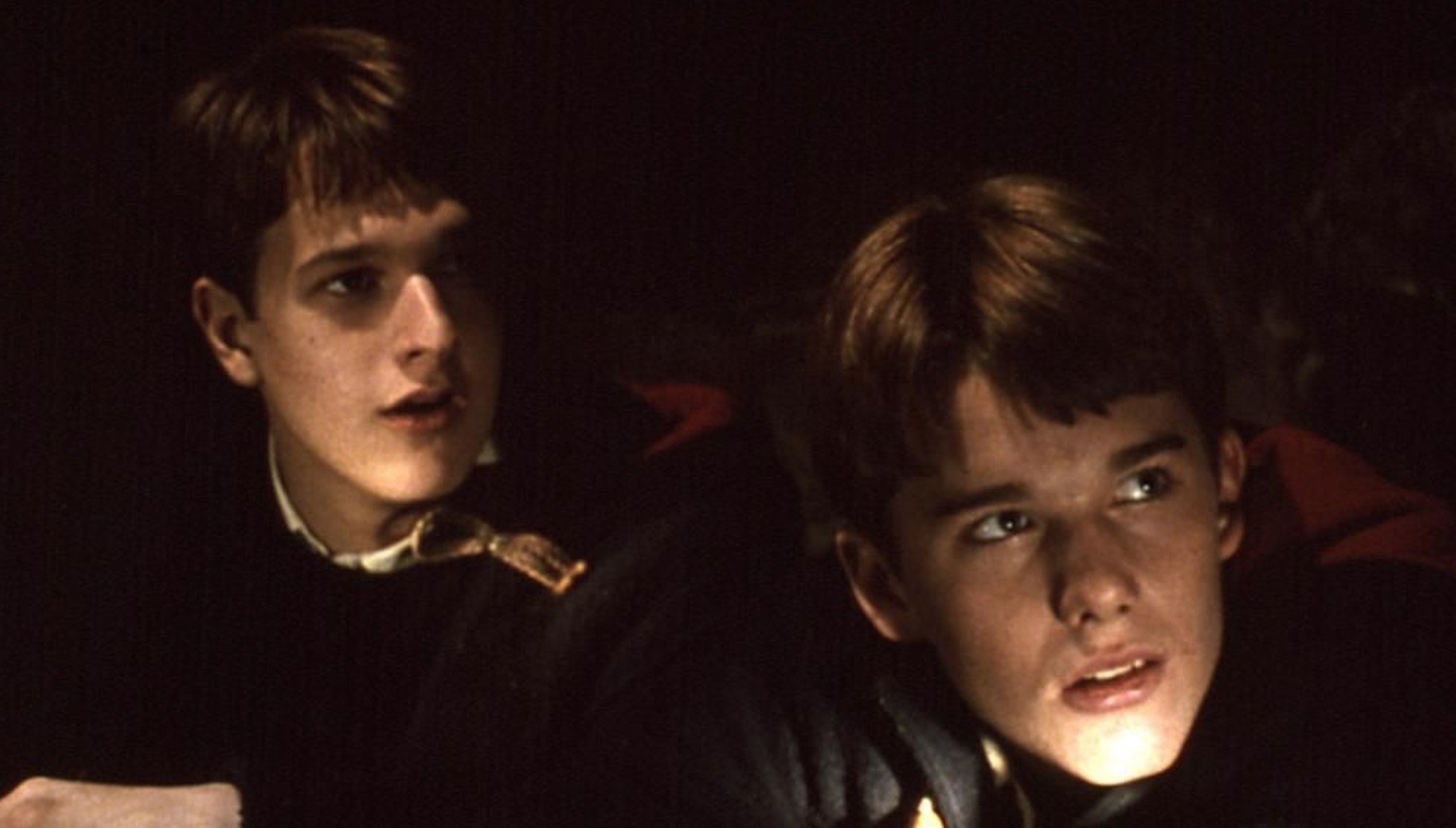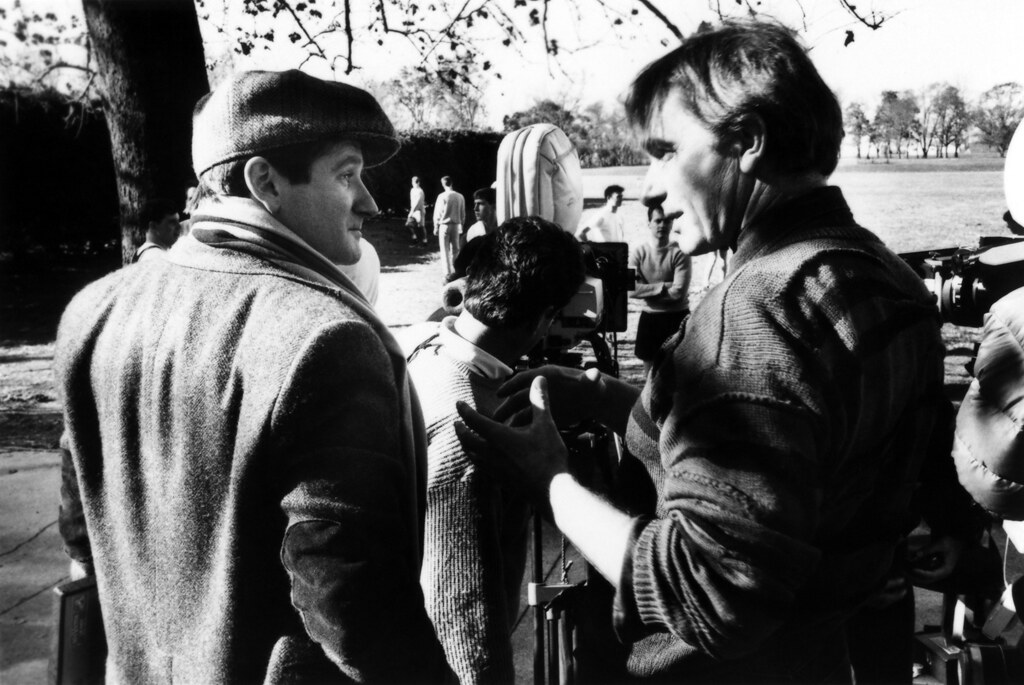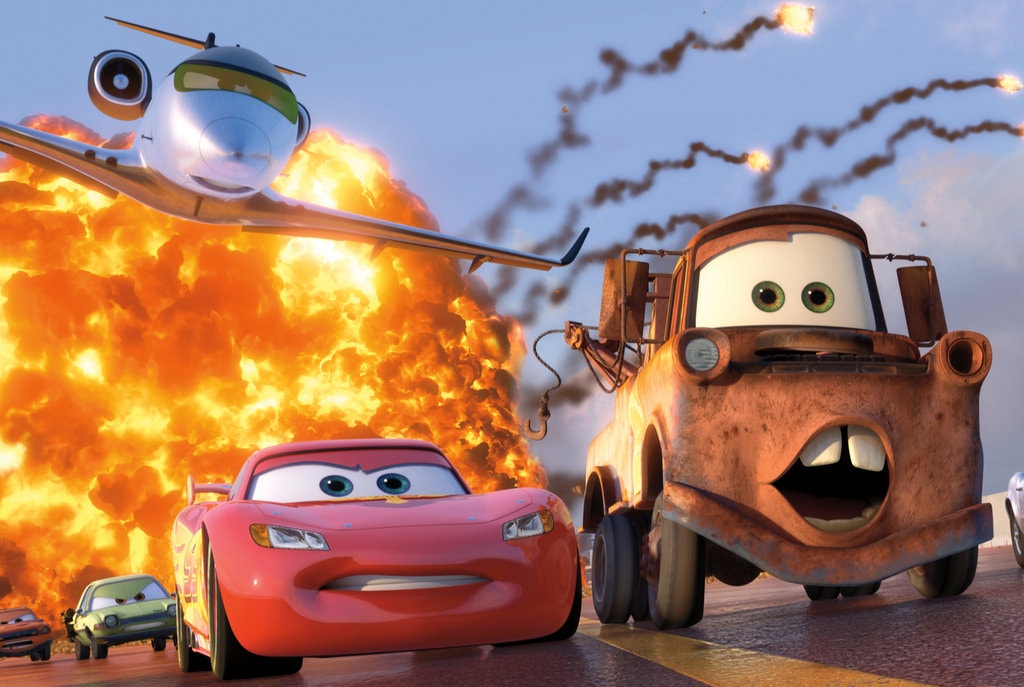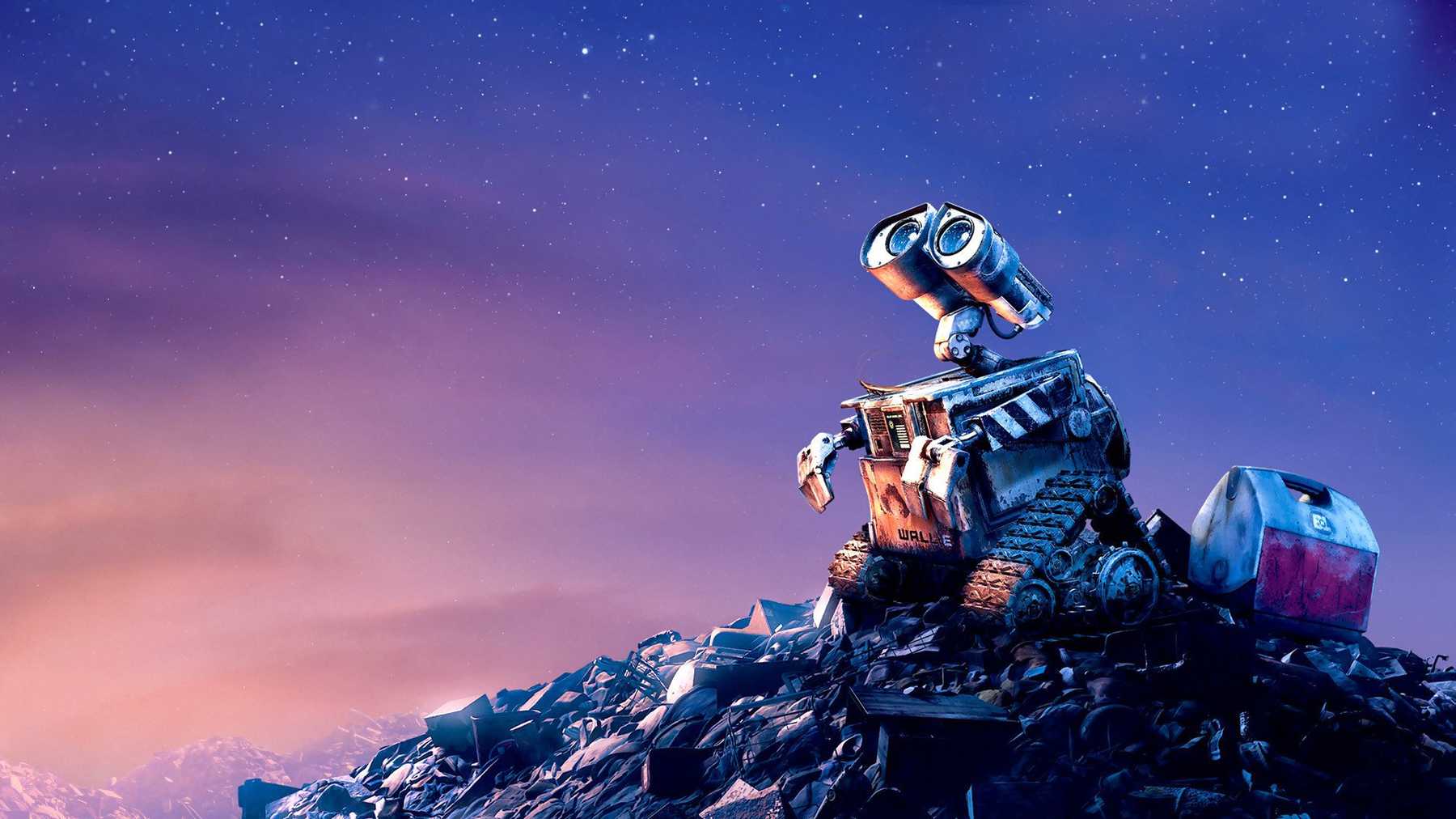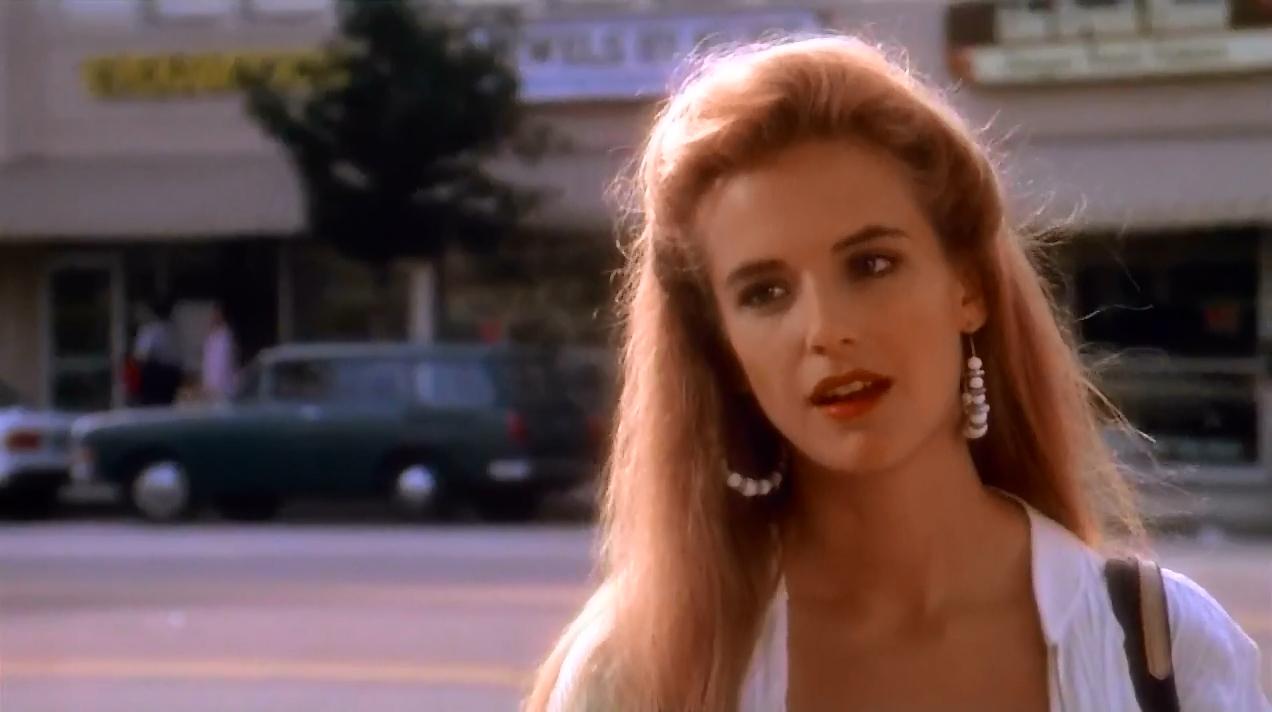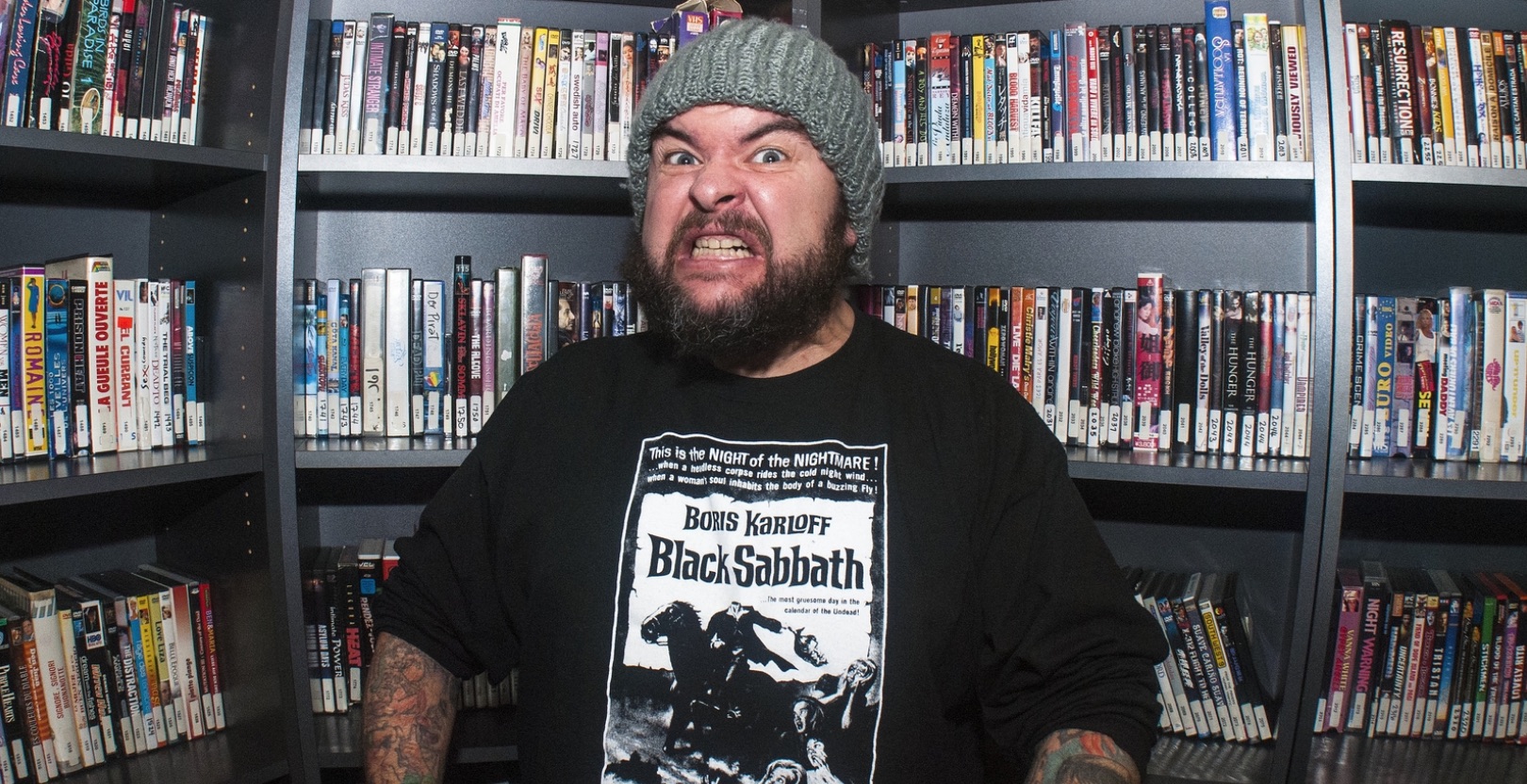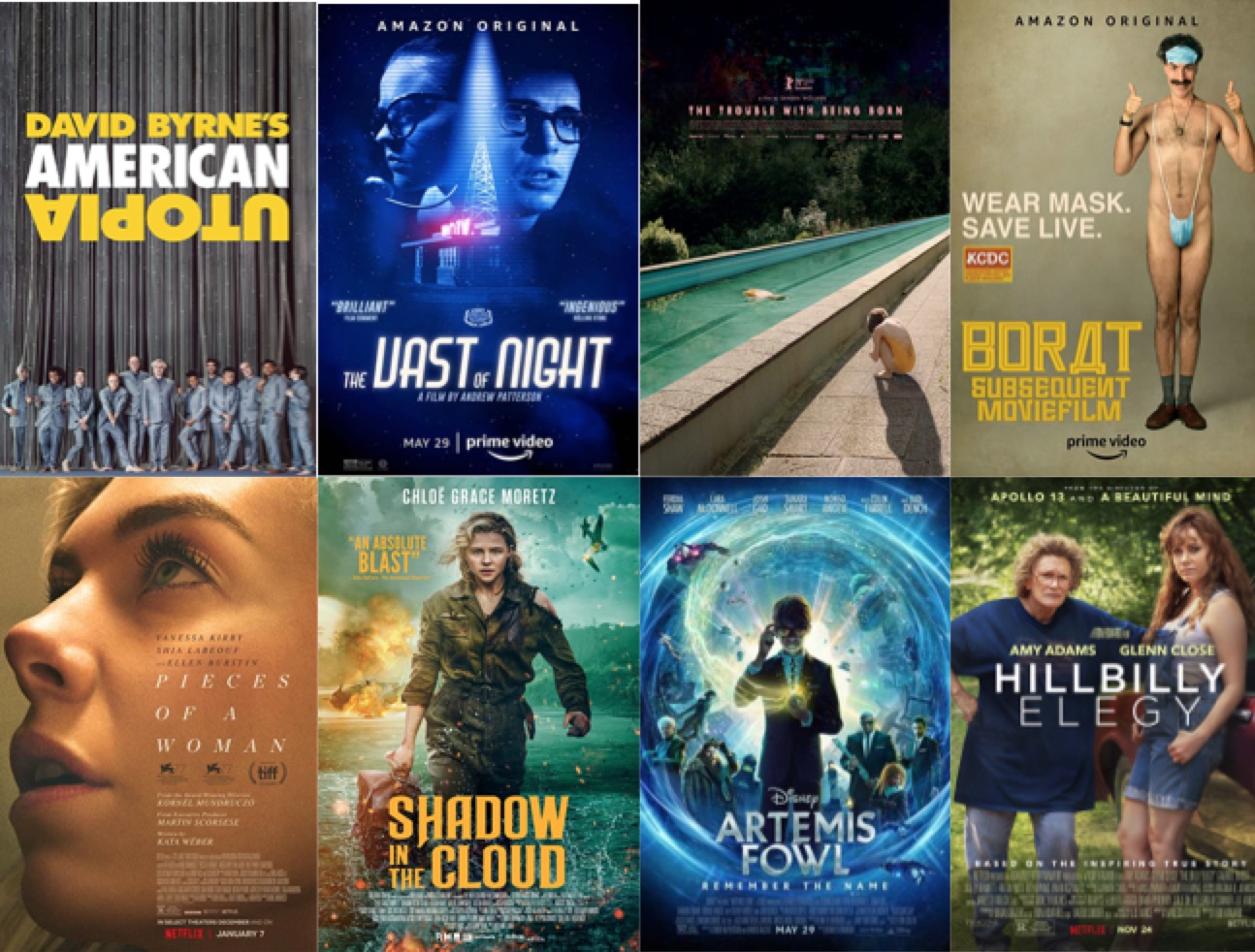Steven Spielberg’s reimagining of West Side Story carries with it a degree of expectation few films ever experience. The 1961 adaptation of lyricist Stephen Sondheim’s Broadway smash, co-directed by Robert Wise and Jerome Robbins, is cinematic perfection; winner of 11 Academy Awards (including an honorary trophy for Robbins’ ‘brilliant achievement in the art of choreography’), it was a box office blockbuster and remains arguably the greatest musical ever made. Spielberg has sought the rights to the original stage production for close to two decades; scripting is Tony Kushner, Pulitzer Prize (Drama) winner for Angels in America and past Spielberg collaborator on Munich (2005) and Lincoln (2012). Of course, that’s all grist for the critical mill if those before the camera fail to spark like the iconic stars of the original…
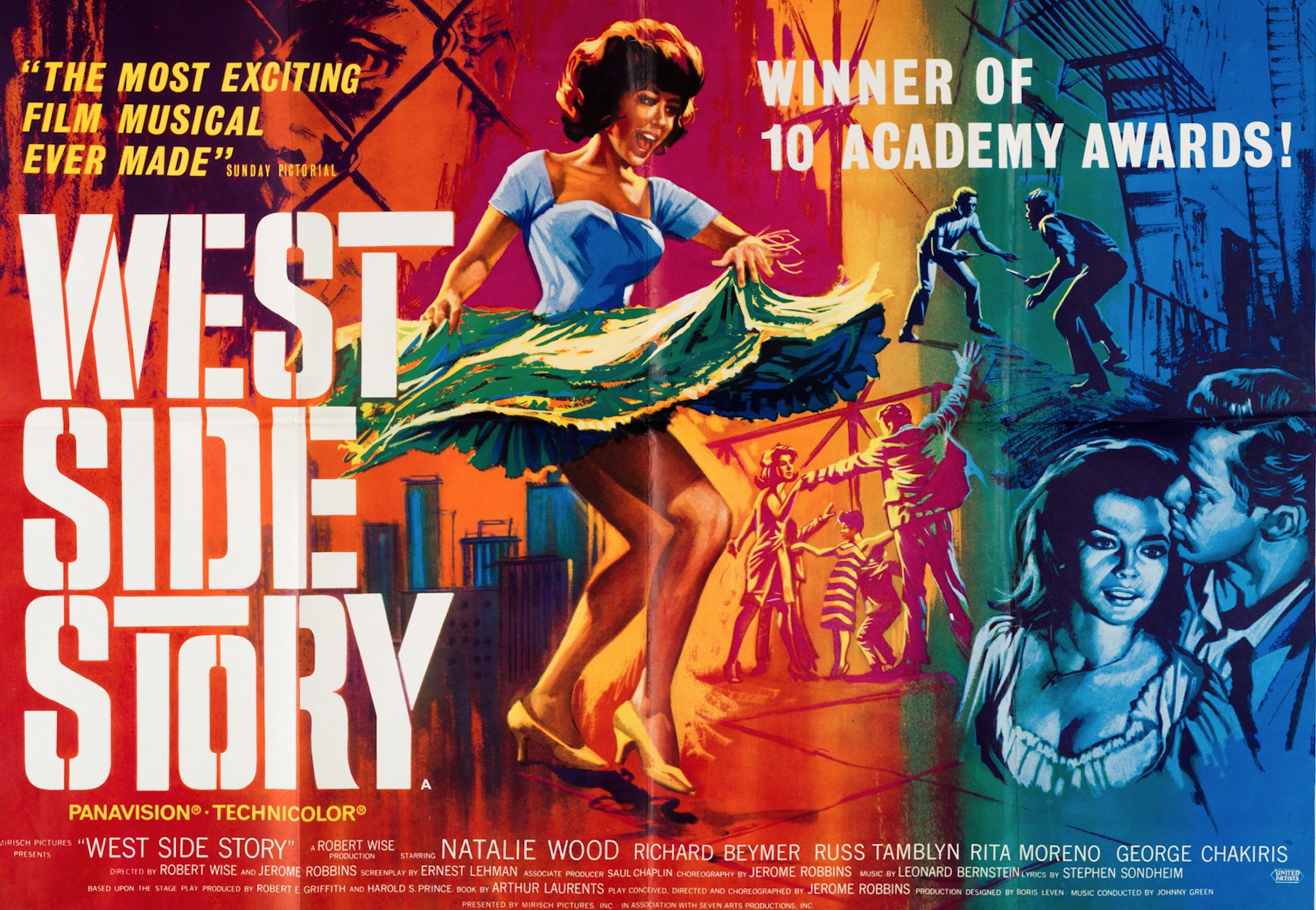
MARIA: In her late teens, Maria has immigrated to New York hoping to start a new life with her brother, Sharks gang leader Bernardo. She soon meets and falls for Tony, a boy from a rival gang, setting in motion an increasingly desperate and dangerous romance…
1961: One of the most sought after roles at the time, the original stage ‘Maria’, Carol Lawrence, as well as actresses as diverse as Jill St John, Audrey Hepburn, Jane Fonda and Suzanne Pleshette, all tested for the part. The producers sought Warren Beatty for the lead role of ‘Tony’ and requested a show reel from his latest production, Splendour in The Grass, but it would be Beatty’s co-star, Natalie Wood, who impressed. Broadway star Marni Nixon would be used to redub Wood’s singing voice (a task she reprised, uncredited, for Deborah Kerr in The King and I, Marilyn Monroe in Gentleman Prefer Blondes and Audrey Hepburn in My Fair Lady).
2019: Chosen from a casting call that saw 30,000 hopefuls tested across the U.S., 17 year-old Rachel Zegler is a singer/songwriter of Colombian descent hailing from New Jersey. Maria will be her debut film role. Zegler submitted a recording of her singing ‘Tonight and ‘Me Siento Hermosa’ before being screentested in July 2018. She is an experienced stage actress, having played ‘Maria’ in a production at the Bergen Performing Arts Centre in her home state. A YouTube star with over 150,000 followers, Zegler’s rendition of Lady Gaga’s ‘Shallow’ was a viral hit in 2018.
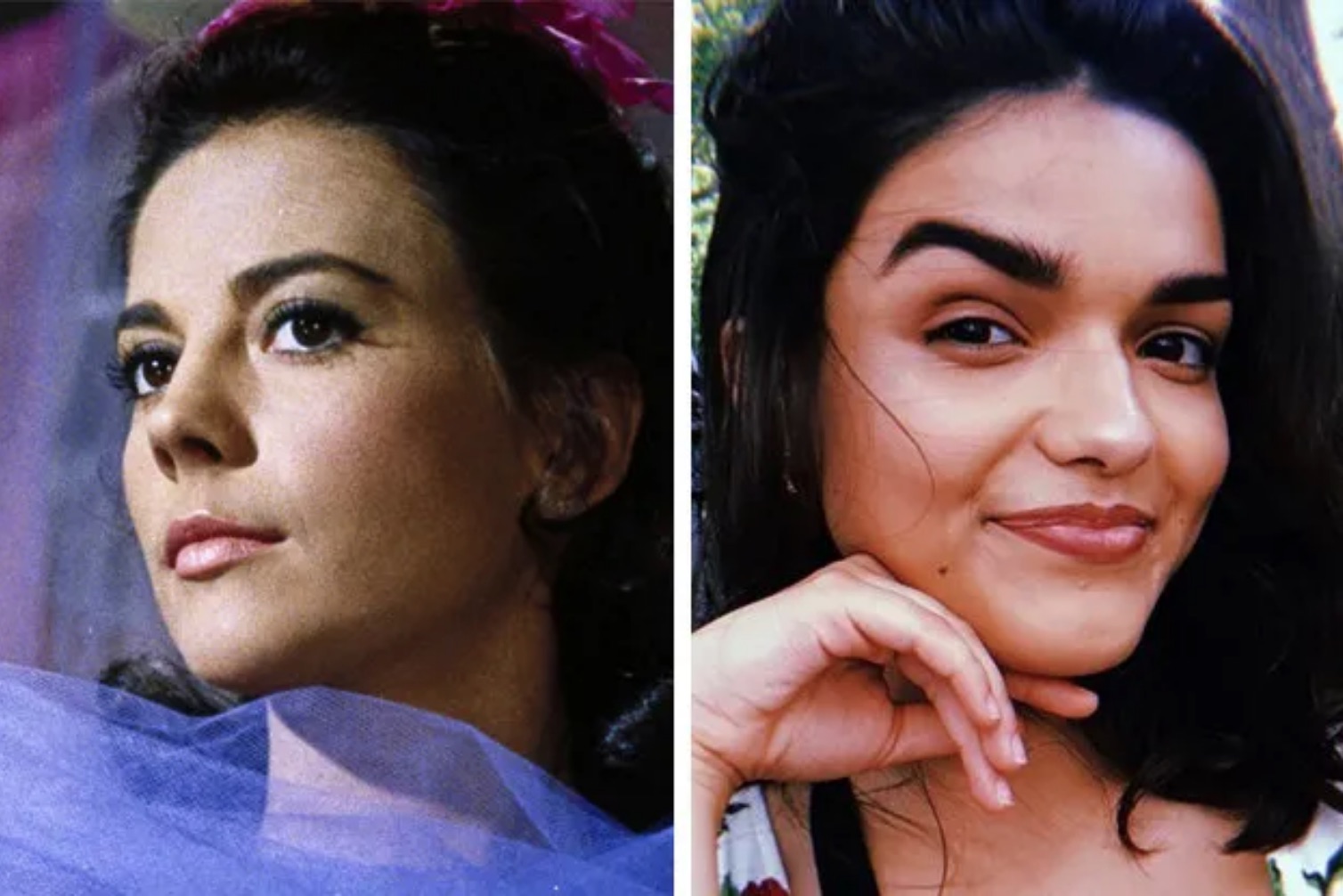
TONY: A former member of the Jets gang, Tony has moved on from the street tough’s life, though remains close to gang leader Riff. He is coerced into rejoining his former life by Riff for a clash with the Sharks, a decision that leads to a fateful meeting with Maria…
1961: Former child actor Richard Beymer found breakout success in 1959, earning acclaim for his role in George Steven’s The Diary of Anne Frank opposite Millie Perkins and a comedic support turn in Blake Edwards’ High Time (1960). In addition to Beatty, many of Hollywood’s leading men were considered and tested for the part of ‘Tony’, including Tab Hunter, Robert Redford, Richard Chamberlain and Burt Reynolds before Beymer was cast. He remained under contract with 20th Century Fox but never found A-list stardom after West Side Story, despite working with such directors as Martin Ritt (Hemingway’s Adventures of a Young Man, 1962) and Daniel Mann (Five Fingers Exercise, 1962). He has worked steadily for four decades, recently reprising his role as ‘Ben Horne’ for David Lynch in the revival of the TV series Twin Peaks.
2019: One of the hottest young actors in Hollywood off the back of director Edgar Wright’s smash action film Baby Driver, Ansel Elgort is the sole box office name in Spielberg’s principal cast. Having debuted opposite Chloe Grace Moretz in Carrie (2013), he was teamed with Shailene Woodley to break hearts in The Fault in Our Stars (2014) and resist dystopian fascism in the YA-literary adaptions Divergent (2014), Insurgent (2015) and Allegiant (2016). He took on the prestige pic Billionaire Boys Club (2018) with fellow next-big-thing Taren Edgerton for director James Cox, only to have the film buried when the deeds of co-star Kevin Spacey became public.
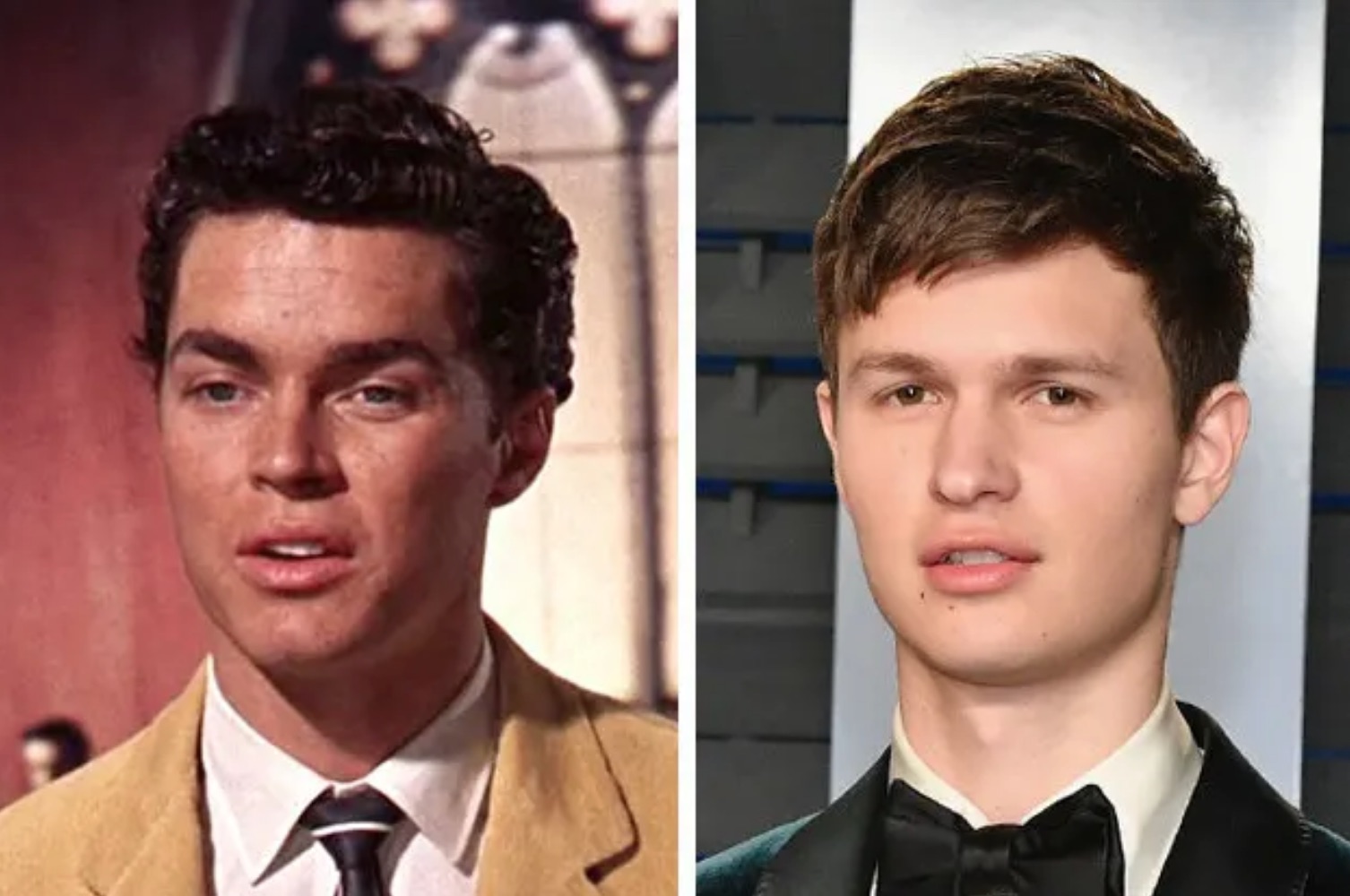
RIFF: Leader of the Jets gang, Riff and Tony have been as close as brothers since Riff moved in with Tony’s family in tough times. A seasoned street brawler, having protected the Jet’s turf from the Emeralds and Hawks ahead of the threat posed by Bernardo’s Puerto Rican outfit, the Sharks…
1961: Russ Tamblyn was the most experienced of all the West Side Story cast members. A child actor since his debut as Rusty Tamblyn in The Kid from Cleveland in 1949 (with two uncredited roles already under his belt), Tamblyn would become one of Hollywood’s most likable screen actors in films like Gun Crazy (1950), Father of The Bride (1950), Seven Brides for Seven Brothers (1954), The Fastest Gun Alive (1956), Peyton Place (1957, for which he earned a Best Supporting Actor Oscar nomination), High School Confidential! (1958) and Cimarron (1960). Post West Side Story, he eschewed stardom and embraced the counter-culture movement, starring in B-shockers with titles like War of the Gargantuas (1966) and Dennis Hopper’s infamous The Last Movie (1971).
2019: Bridging the worlds of live theatre and feature films largely sums up the short but spectacular career momentum of Mike Faist. Having earned a Tony nomination for his role as ‘Connor Murphy’ in the hit musical comedy Dear Evan Hansen, Faist solidified his stage rep with standout performances in Days of Rage, A Month in the Country, Appropriate and Newsies. His movie moments include such indie notables as Dan Sallitt’s The Unspeakable Act (2012), Patrick Wang’s The Grief of Others (2015), Marc Lucas’ Our Time (2016) and Fritz Bohm’s Wildling (2018), opposite Liv Tyler.
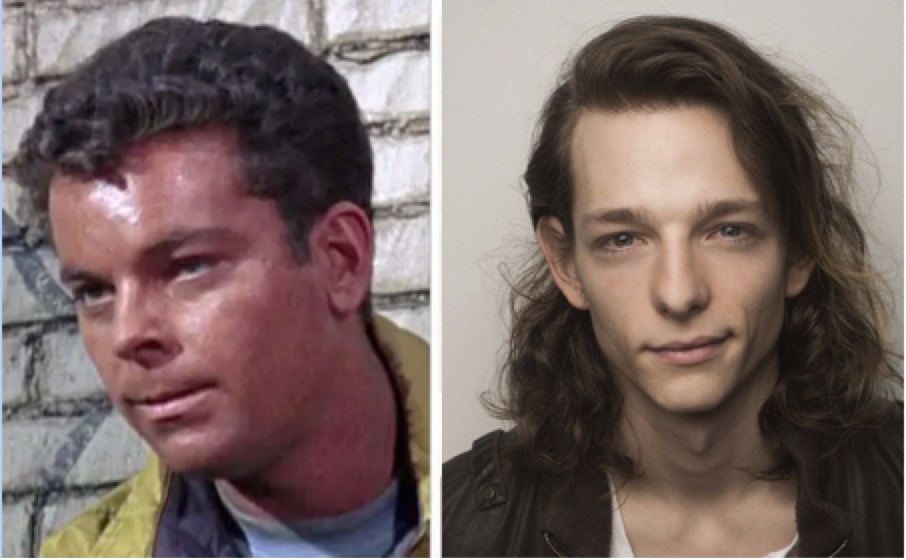
BERNARDO: Attacked by the Jets on his first day in his new homeland, Bernardo becomes resentful of Americans and surrounds himself with countrymen who feel the same. Embracing his role as protector of Maria, he is destined for soul-crushing realisation when he learns of his sister’s love for his sworn enemy…
1961: The journey of West Side Story from its stage roots to the bigscreen would not be complete without George Chakiris, for whom the musical became an all-consuming, career-defining odyssey. Arriving in New York a year into the Broadway run of the musical, director Jerome Robbins auditioned Chakiris and rewarded him with the role of Jets leader ‘Riff’ in the London leg of the production. By the time the film was in pre-production, Chakiris had convinced the producers that he was better suited to ‘Bernardo’; he was proven right when he earned the Best Supporting Acting Oscar.
2019: Born in Montreal, David Alvarez made a very high profile debut on Broadway when he was cast as one of three ‘Billys’ in the stage adaptation of the film, Billy Elliot; the role would earn him and co-stars Trent Kowalik and Kiril Kulish a rare joint Tony Award for Best Actor. The young patriot then put his career on hold in 2010 to serve with the US Army’s 25th Infantry Division. Graduating from Jacqueline Kennedy Onassis School at the American Ballet Theatre having attained a full merit scholarship, Steven Spielberg’s film will be his feature debut.
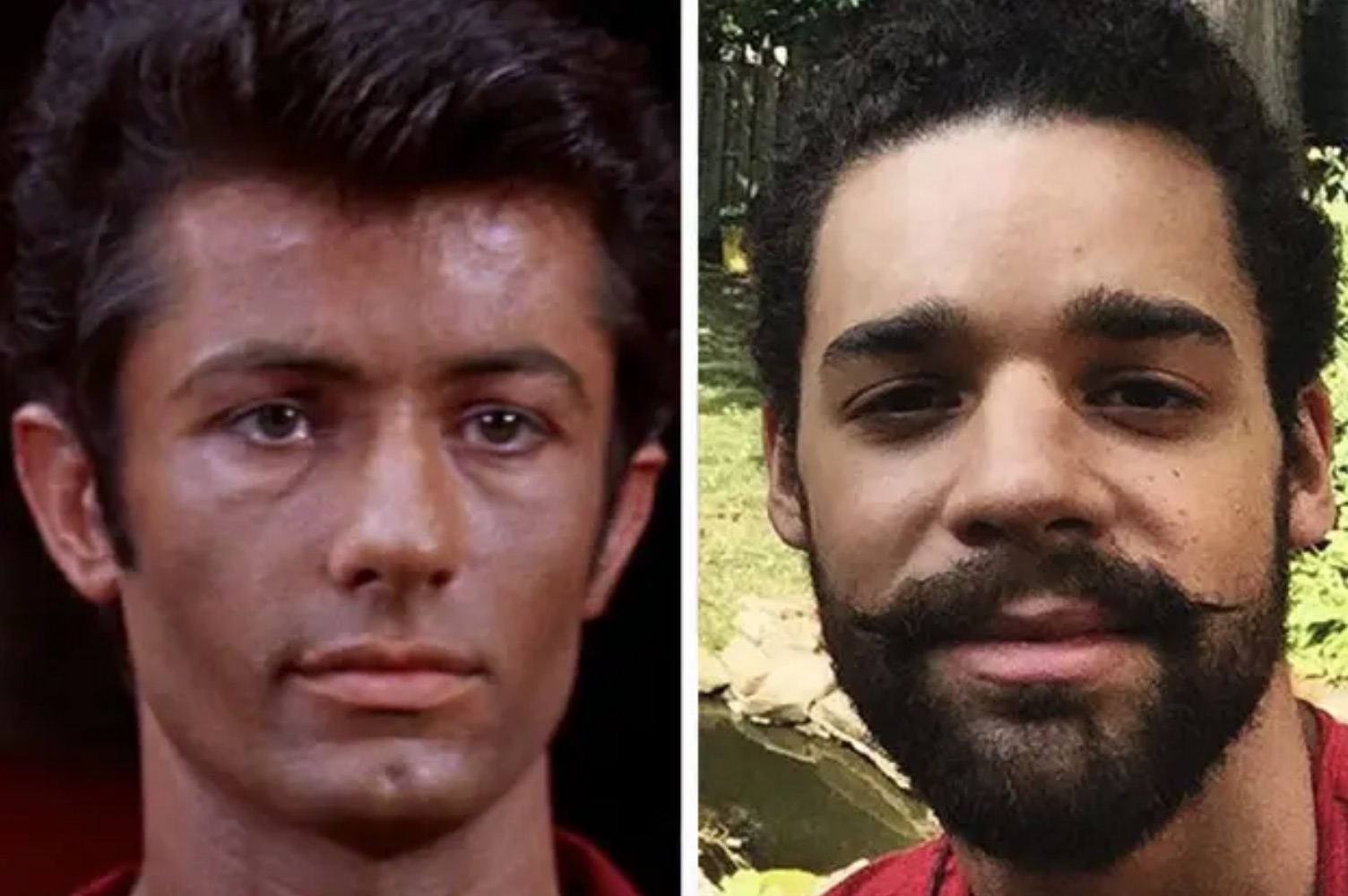
ANITA: Girlfriend of Sharks gang leader Bernardo, Anita is like a sister to Maria and loves her new life in America. When it becomes clear to her that Maria and Tony are in love, Anita hides her resentment towards the former Jet and is persuaded by Maria to help keep the secret from Bernardo…
1961: Emerging as the breakout star from the 1961 film’s huge success, Rita Moreno has since become an iconic figure in the American entertainment industry. Born in Humacao, Puerto Rico in 1931, she was five when her mother emigrated to New York City. By 11, she had found work dubbing American films into her native Spanish; by 13, she had been cast in her first Broadway production, Skydrift. From that point she would build a career that has led to her rare status as an ‘E.G.O.T Honouree’ – the winner of an Emmy (Variety and Music Performance, 1977; Guest Actress – Drama, 1978); Grammy (The Electric Company Album, 1972); Oscar (Supporting Actress for West Side Story); and, Tony (Best Actress for The Ritz, 1975). In 2004, she was awarded The Presidential Medal of Freedom, the highest honour for an American civilian, by President Bush. Spielberg has cast her in his remake as ‘Valentina’, a role created especially for the actress.
2019: To be asked to step into the shoes of Rita Moreno must be the most daunting task a young actress could face, so for Spielberg to anoint Ariana DeBose as his ‘Anita’ represents a seismic shift in the Tony-nominated actress’ career. Co-star of Broadway hit Summer and an original cast member of the phenomenon Hamilton, DeBose has scant film experience (a bit part in Lonny Price’s filmed stageplay Company, 2011; the lead in the little-seen indie, Seaside, 2018), but her stakes will soar if her ‘Anita’ is played with the same cinematic gusto as Ms Moreno.
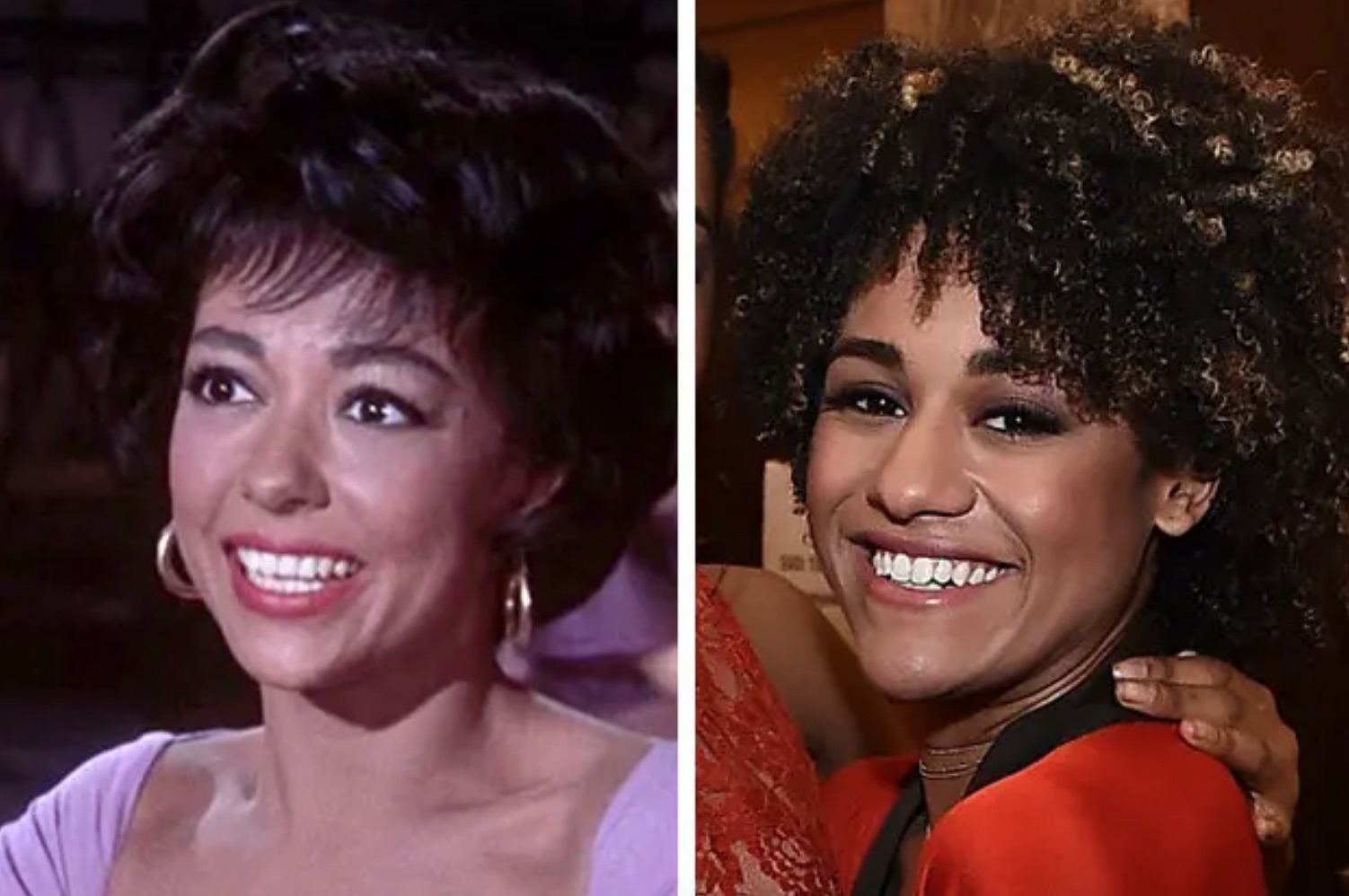
Steven Spielberg’s WEST SIDE STORY begins shooting in June 2019 for release via 20th Century Fox.
(PHOTO CREDITS: United Artists / Ilya S Savenok, Dia Dipasupil - Getty Images / Instagram)







